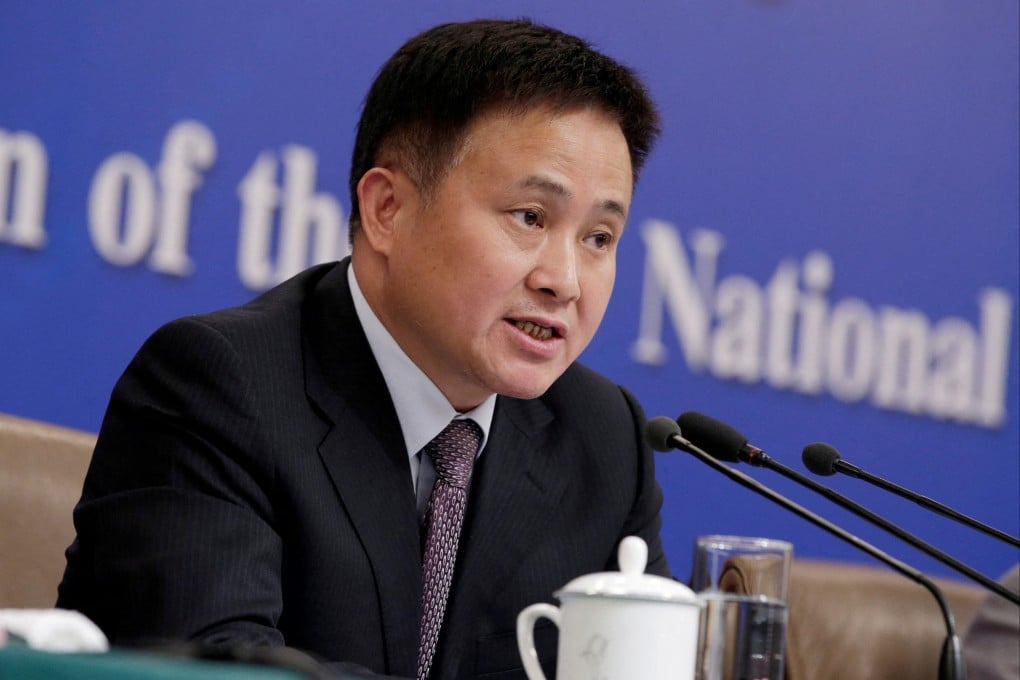China names Pan Gongsheng new central bank governor, replacing Yi Gang, as twice-a-decade finance conference nears
- Pan Gongsheng formally replaces Yi Gang at the helm of the People’s Bank of China
- Analysts say Pan’s many years of experience at the central bank give him a critically important vantage point from which to tackle financial risks and shore up economic growth

Less than a month after being named party chief of China’s central bank, Pan Gongsheng has further solidified his oversight of the monetary authority by being elevated to bank governor – placing him in a critical role to address financial risks and growth momentum in the world’s second-largest economy.
The 60-year-old replaces Yi Gang, 65, who held the post since 2018. Pan has become a key member in President Xi Jinping’s third term as leadership eyes a steady post-pandemic recovery with low inflation and measures taken to guard against a variety of financial risks.
Before being formally named governor of the PBOC on Tuesday, Pan had already taken on some of the responsibilities while serving in the de facto role. He met his Japanese and South Korean counterparts in Japan on Sunday and also attended the Executives’ Meeting of East Asia-Pacific Central Banks the following day.
Pan’s appointment came as Beijing has been introducing new blood to help supervise the world’s second-largest capital market, and new regulatory requirements will soon be unveiled at the upcoming national finance work conference that generally convenes twice a decade.
The previous meeting was in July 2017, but it was pushed back from last year to ensure that the new leadership line-up that took office this year will be overseeing their own policy changes.